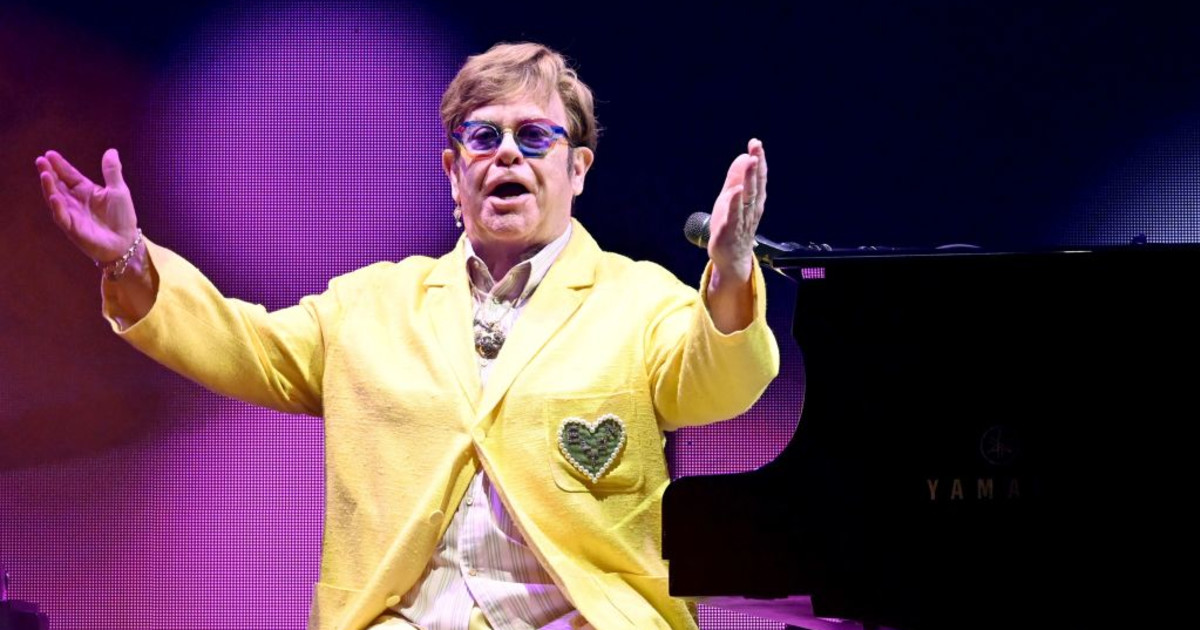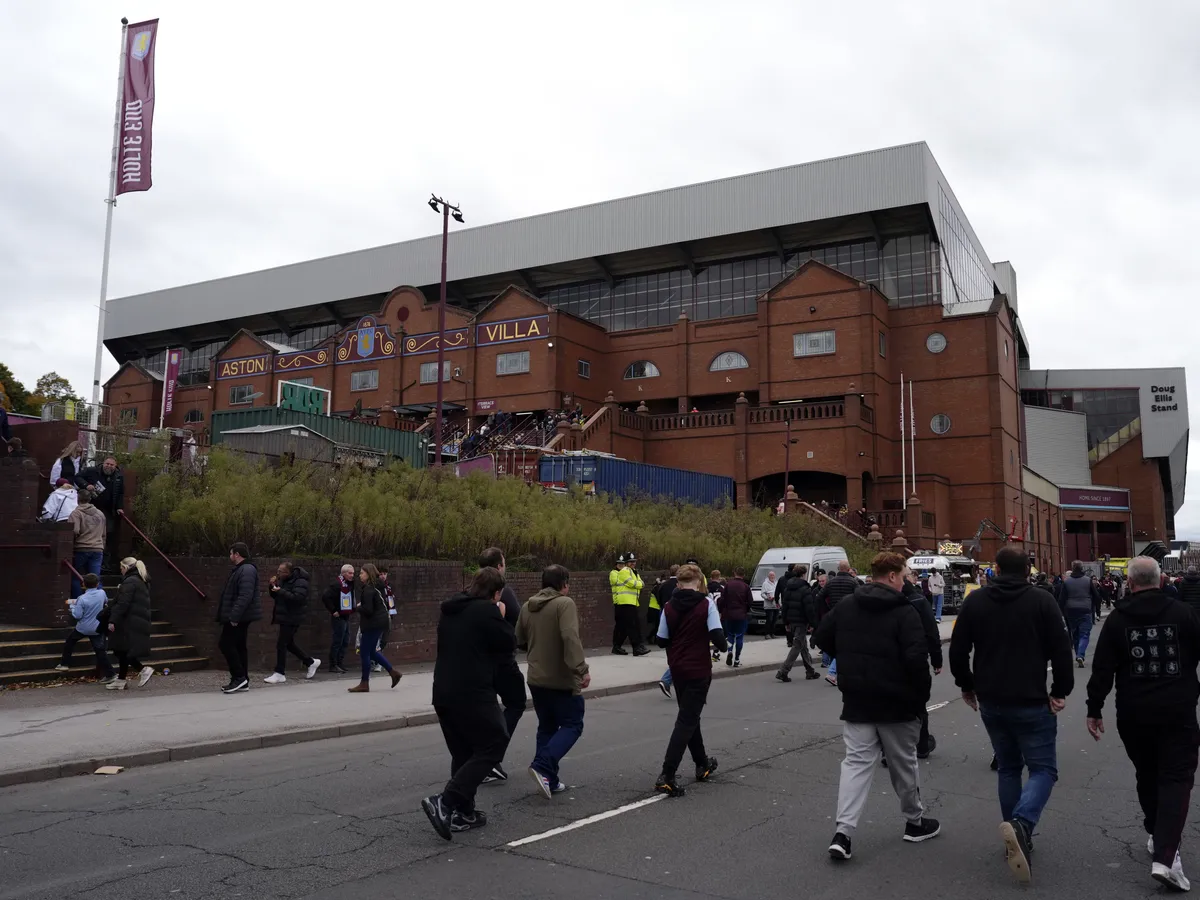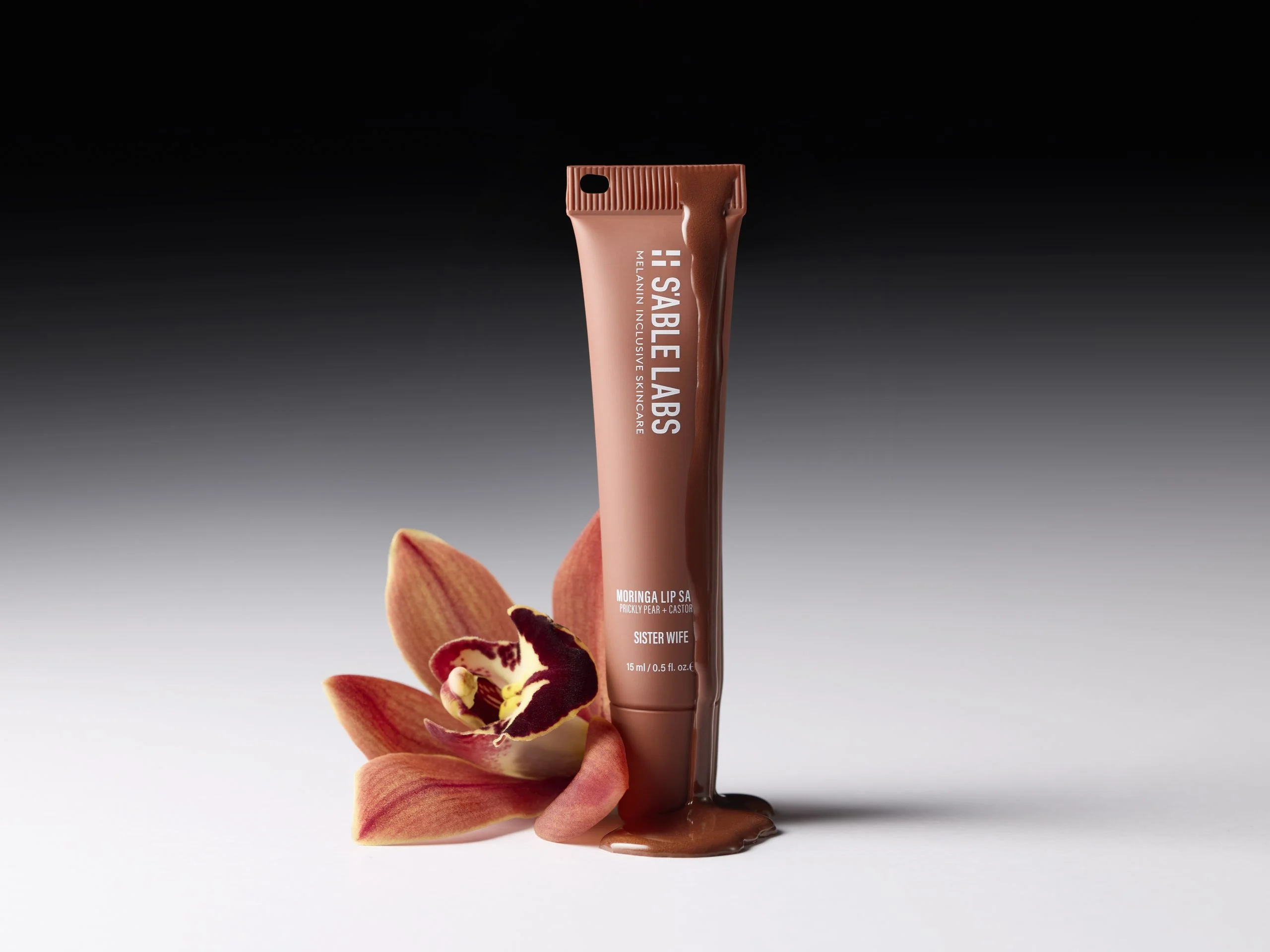Copyright Parade

Key Points Fan Alex Rodriguez returned original “Goodbye Yellow Brick Road” recording acetates to Elton John. Elton John called the acetates “truly priceless” and praised Rodriguez’s generosity and love of music. Producer Gus Dudgeon detailed the album’s challenging recording history in Jamaica and France. Elton John is singing the praises of a fan who found and returned a lost treasure from an iconic period of his career. The “Rocket Man” singer took to his official Instagram account on Nov. 5 to thank a well-connected fan who discovered the “original acetates from the first recordings of Goodbye Yellow Brick Road.” 🎬 SIGN UP for Parade’s Daily newsletter to get the latest pop culture news & celebrity interviews delivered right to your inbox 🎬 “Every so often, there are acts of kindness that remind you there are still a lot of good people in this world,” Elton wrote in a lengthy caption to a photo of him and Alex Rodriquez holding up an orange square package with the word “Trident” in the corner. “Alex Rodriguez (@recordsafari), the Vinyl Record Curator for Coachella and owner of @recordsafari_la in Los Angeles, recently came across the original acetates from the first recordings of Goodbye Yellow Brick Road. “They’re still in their Trident Studios sleeves, in beautiful condition – a real piece of history,” Elton added. “Instead of selling them or keeping them for himself, Alex reached out and offered to return them to me personally.” “While they’d be valuable to anyone, to me these recordings are truly priceless, and I am incredibly grateful for his kindness, generosity, and his love of music. Thank you, Alex. This is a gesture I’ll never forget.” It’s unclear whether Elton is referring to his 1973 chart-topping double-album or the song “Goodbye Yellow Brick Road,” which served as the title track. The album’s credits read “Recorded at Strawberry Studios, France” and “Remixed at Trident Studios, London.” How ‘Goodbye Yellow Brick Road’ Became a Double Album In an interview for The Billboard Book of Number One Albums, producer Gus Dudgeon told me that songs for the album were recorded at two studios and that’s how the album ended up as a two-record set. Elton and company began work on the album in Jamaica, where the Rolling Stones had just completed their Goats Head Soup album, but things didn’t go as planned. “When we went to Jamaica, Elton wrote the songs he needed for what became Yellow Brick Road, including the song ‘Yellow Brick Road,’” Dudgeon said. But then, due to severe technical problems in the studio, the Jamaican sessions were aborted. It was decided that the sessions would resume at Strawberry Studios in France, where Elton had recorded his two previous albums. “At the Chateau he sat down and wrote some more songs, because that was what he was used to doing. It was like, ‘Blimey, I’m here. It’s five days before we start recording, we’ll do some rehearsals, and I’ll write some songs.’ So all of a sudden, we actually had a bunch more songs, which made it more than a single album and there was no way we wanted to throw anything away. We thought everything was good. If the Jamaican sessions hadn’t cancelled out, it would have been a single like all of the others.”



